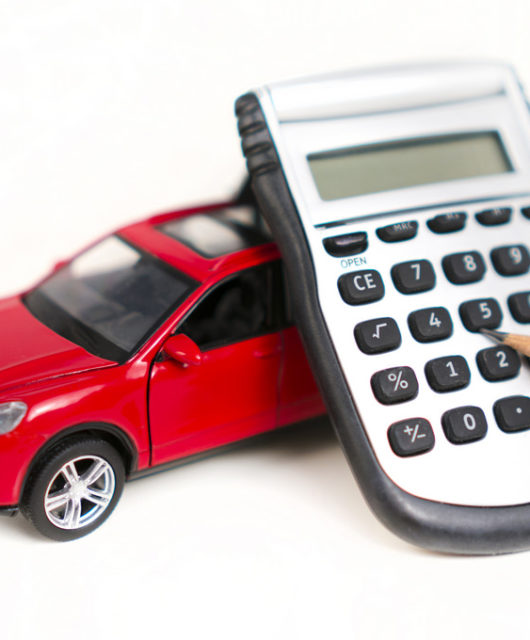What to Do When Your Aging Parent Becomes a Dangerous Driver

Not much is more difficult than discovering that a parent — the same Dad who picked you up from school or the same Mom who took you to soccer practice — is now a dangerous and erratic driver.
Slower reactions times, reduced vision and impaired mobility as people age all have an effect on driving ability. Even though, as blogger Alex Perdikis explains, cars are safer now, they still can’t correct every single driver mistake. If you’ve noticed your parent is having difficulty driving, or worse, is a danger to others on the road, it’s time to take action.
How can you talk to your parent and not ruin your relationship? Try these tips.
Don’t Wait
It’s tempting to not deal with the problem or put it off until “later.” If your parent or aging relative is a real danger, however, you can’t wait. What if your parent causes an accident and someone dies? If you’d spoken up sooner, the accident might not have happened.
Plan Your Strategy
No question, it’s going to be a tough conversation. It’s possible that your parent has already had to give up living in the family home or engaging in former activities. A loss of control in other areas probably means that Mom or Dad will hold on tightly to the freedoms he or she has left. Put yourself in your parent’s place and think how you would feel about giving up your car.
Plan a quiet, non-confrontational approach. Don’t go in screaming, “You can’t drive anymore. You’re dangerous!” Think about what you’re going to say and how you’re going to say it.
Have “The Talk”
It’s likely that your parent already knows there is a problem. Perhaps Dad got a ticket. Maybe Mom backed up into a pole. You can open the conversation asking about the mishap. Listen and casually ask if driving seems to be a little more difficult lately. If there are no mishaps to talk about, ask how driving is going these days. Begin with a casual and caring attitude. Plan to have solutions ready as objections come up. That way, if Dad says, “I can’t stop driving. How will we get to Dr. Adam’s office?” you will have a workable solution.
Listen and Reflect
Once you broach the subject of giving up driving, expect objections. Your parents probably have doctor’s appointments, get-togethers and other activities planned that they feel requires a car. When your parent raises objections and concerns, repeat in your own words what you just heard. This type of reflective thinking and talking lets your parent know you understand and are sensitive to the difficulties not driving brings.
Take the next steps
It will probably take more than one conversation to help your parent decide to stop driving. If your parent doesn’t make the decision him or herself and you know Mom or Dad is not a safe driver, enlist the help of family friends. If all else fails and your parent is a true danger on the road, contact your parent’s doctor. Unless you have a medical power of attorney, your doctor cannot discuss Mom or Dad’s medical conditions with you, but you can inform the doctor of your concerns. The doctor can take if from there.









